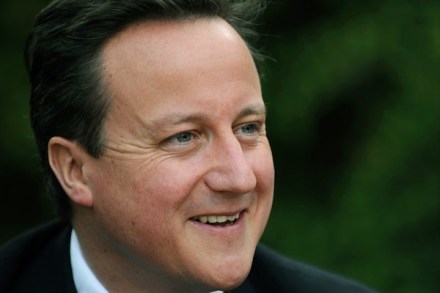A right mess | 28 April 2016
[audioplayer src=”http://feeds.soundcloud.com/stream/261189280-the-spectator-podcast-the-wrong-right.mp3″ title=”Freddy Gray and Tom Slater discuss the state of the right” startat=22] Listen [/audioplayer] Is Boris Johnson turning into the thinking man’s Donald Trump? Just like the Donald, he’s got funny hair, charisma, and an appetite for women. He may not be as rich as Trump — although we were all impressed by his latest contribution to the Exchequer — but he makes up for that by having a much bigger vocabulary. He’s also able to get away with saying outrageous things because people think he’s entertaining. And in his efforts to persuade Britain to leave the European Union, Boris seems to be appealing to the same anti-politics




















